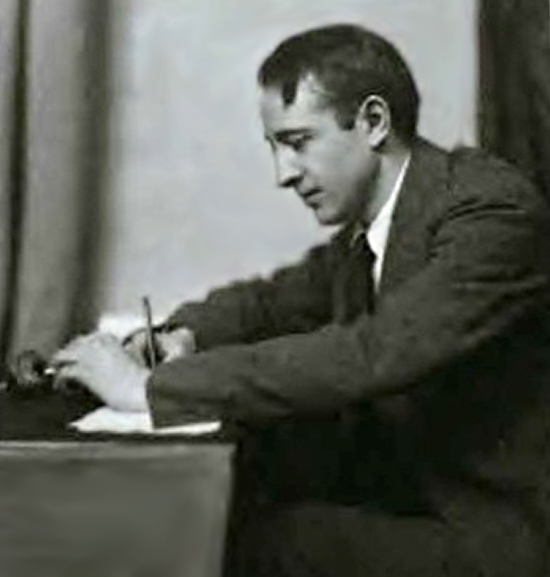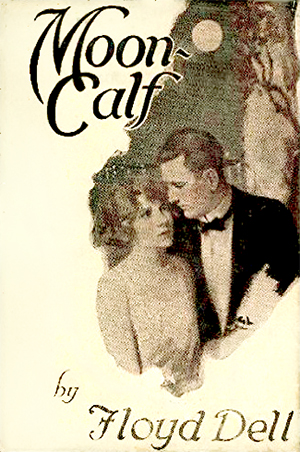Floyd Dell
June 28, 1887 – July 23, 1969
Inducted in 2015
Novels
Moon-Calf (1920)
The Briary-Bush (1921)
Janet March (1923)
This Mad Ideal (1925)
Runaway (1925)
Love in Greenwich Village (1926)
An Old Man's Folly (1926)
An Unmarried Father (1927)
Souvenir (1929)
Love Without Money (1931)
Diana Stair (1932)
The Golden Spike (1934)
Non-fiction
Women as World Builders (1913)
Were You Ever a Child? (1919)
Looking at Life; essays (1924)
Intellectual Vagabondage; essays (1926)
The Outline of Marriage (1926)
Upton Sinclair: A Study in Social Protest (1927)
Homecoming; autobiography (1930)
Love in the Machine Age: A Psychological Study of the Transition from Patriarchal Society (1930)
Government Aid During the Depression to Professional, Technical and Other Service Workers (1947)
Final Report on the WPA Program, 1935-43 (Washington: Government Printing Office) (1947)
Homecoming; An Autobiography (1969)
Upton Sinclair : A Study in Social Protest (1970)
Essays
Essays from The Friday Literary Review, 1909-13 (1995)
Feminism for Men (1914)
Mona Lisa and the Wheelbarrow (1914)
The Censor's Triumph (1915)
Enter the Woman (1915)
Plays
Human Nature: A Very Short Morality Play (1913)
Chaste Adventures Of Joseph: A Comedy (1914)
Ibsen Revisited: A Piece Of Foolishness (1914)
Enigma: A Domestic Conversation (1915)
Rim Of The World: A Fantasy (1915)
Legend: A Romance (1915)
King Arthur's Socks: A Comedy (1916)
Long Time Ago: A Tragic Fantasy (1917)
Angel Intrudes: A Comedy (1917)
Sweet-And-Twenty: A Comedy (1918)
Poor Harold: A Comedy (1920)
Little Accident (1928)
King Arthur's Socks and Other Village Plays (2012)









